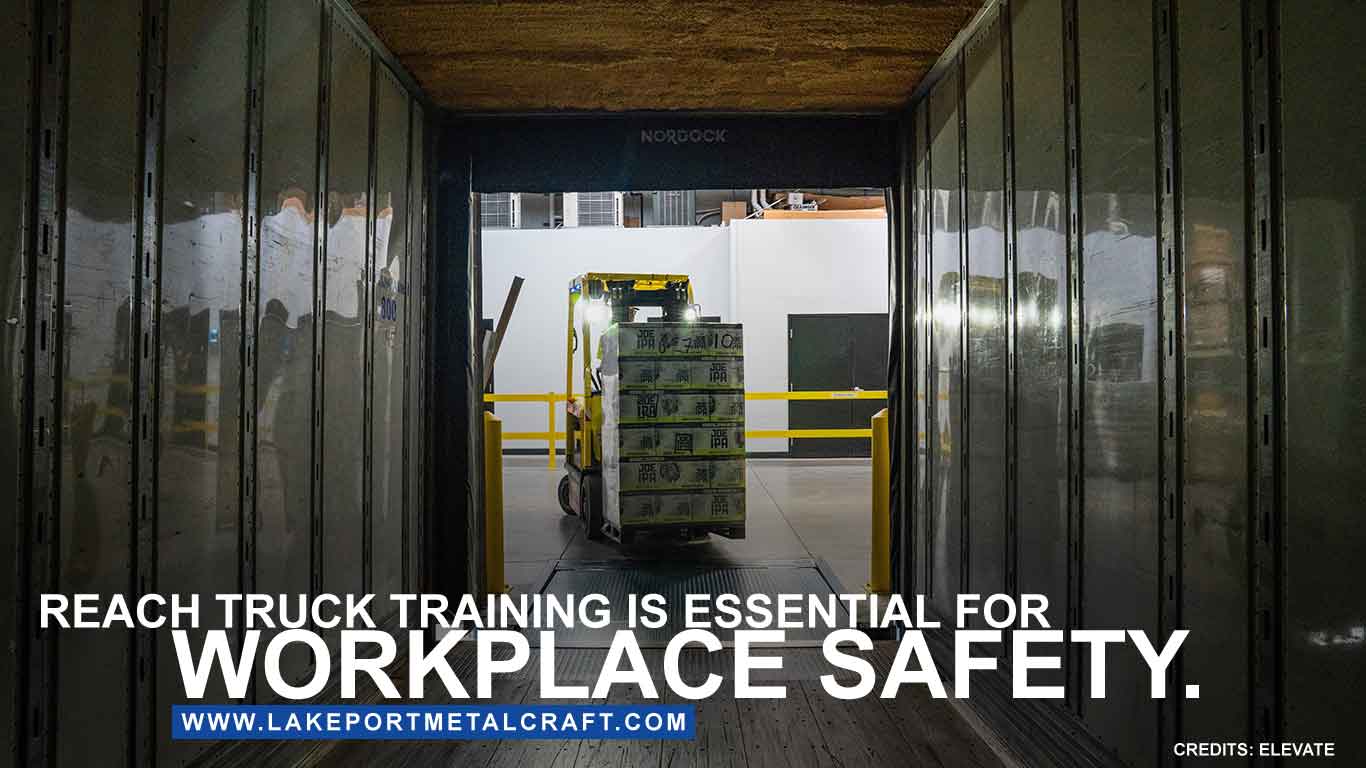Industrial workplaces depend on reach trucks for moving and transporting materials and goods efficiently. The purpose of reach trucks also makes them indispensable in warehouse operations. However, they are also responsible for transport-related accidents in the workplace. Mishaps not only impact the lives of your workers, but they can also interrupt your business operations. Failure to minimize and prevent transport mishaps can cause damage to reach trucks, goods, and even your facility.
Employers are mainly responsible for ensuring the safe operations of reach trucks in the site. As managers and supervisors overseeing daily activities, you should make sure that all the workers involved in the operation and control of equipment in the workplace undergo safety and maintenance training to prevent high-risk accidents.
Below are a few reach truck training reminders for all employers.

Whom to train
Consider the following qualifications when identifying potential reach truck operators:
- They must be physically and mentally able to operate and control a reach truck.
- The person must have the potential and ability to become a skillful operator.
- The person must be reliable and possess a responsible attitude toward work.
- He must have the physical capacity to handle any reach truck operations. The person must secure medical approval to prove his capacity.
- Must be of legal age to operate a reach truck.
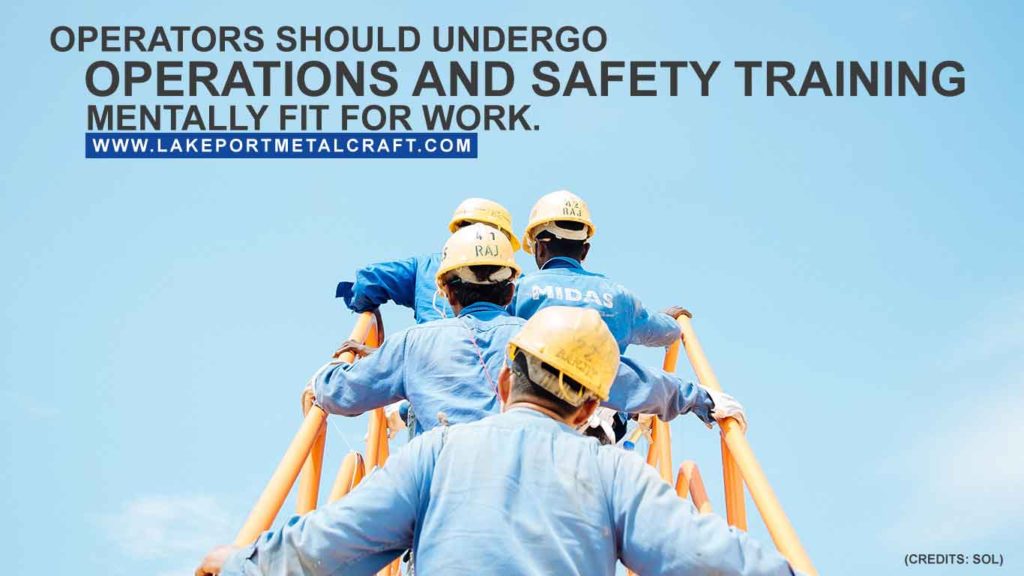
Training stages
According to the Canadian Centre for Occupational Health and Safety (CCOHS), reach trucks and forklifts should only be operated by workers who are trained to perform the task. A potential truck operator must not be allowed to use a truck without first having completed training.
Reach truck training should include three stages, namely:
1. Basic training – In this phase, the worker must be taught the skills and knowledge central to the safe operation of the truck he will use. He must also learn the safety risks around reach truck operations.
Other important things to be taught include:
- The responsibilities of the operators, and how they must take the initiative for their health and safety and the safety of others
- Identifying the main components of a reach truck and its load-handling capacity
- Identifying the purpose and use of reach truck controls
- Determining various types of loads and the proper stacking, destacking, and separation of loads, as well as weight assessment
- Factors that can affect a reach truck’s stability (e.g. turning, load integrity and security, speed and smoothness of operation, ground conditions)
2. Specific job training – In this stage, your workers must learn the particular rules of your workplace. This might include:
- The specific reach truck they use. This should be related to handling attachments and the loads they are required to move and transport.
- Using the truck in specific conditions (e.g. loading bays, automatic doors, racking, slopes, cold stores, working near overhead lines or excavations, bad weather, rough terrain, or confined areas)
- Routine inspections and servicing, according to the manufacturer’s guidelines.
- Site-specific rules, including speed limits, emergency procedures, and the use of tools that protect them from injuries.
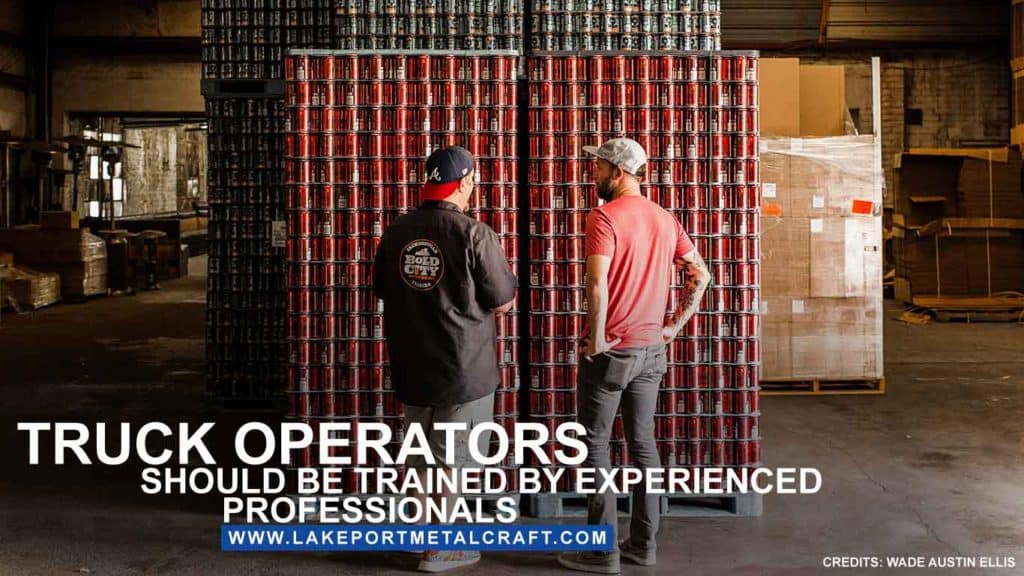
3. Familiarization training – The last stage of training, familiarization training is carried out under close supervision, ideally by a trained and experienced professional. This training can include:
- How to apply the knowledge and skills learned from the basic and specific training, from simple procedures to advanced ones.
- Familiarization of reach truck activities of the company.
- Becoming familiar with the entire site layout, emergency procedures, and other necessary procedures.
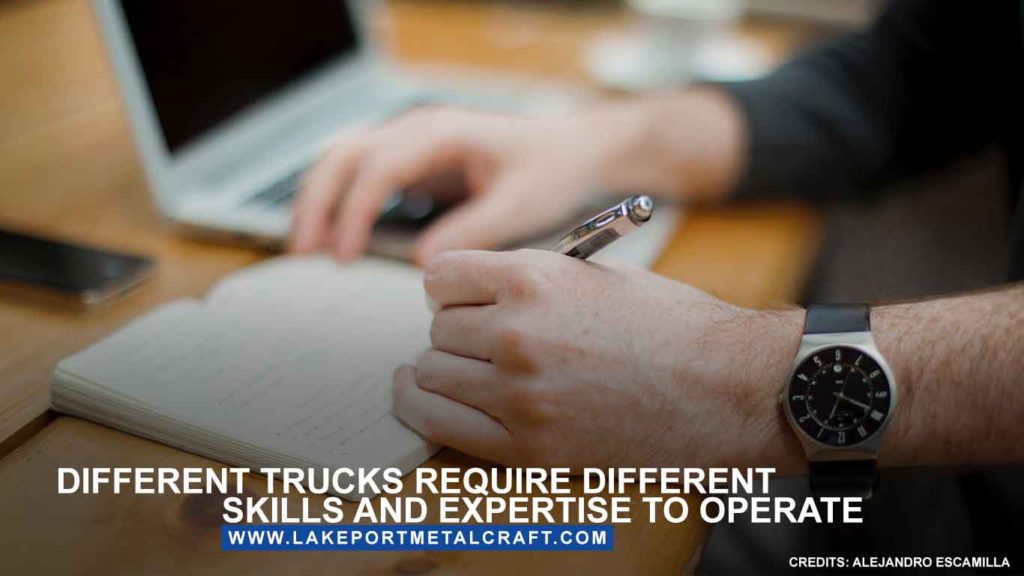
Essential Matters To Discuss During Training
There are certain risks when it comes to reach truck operations, and these can vary from one type of reach truck to another. Workplace conditions can also influence danger levels. To reduce risk and promote maximum safety, consider tackling these points during training:
- Truck categories – Reach trucks are classified into different types, and the operation of each truck category requires a different set of skills and expertise. An operator who is experienced in using one class of truck doesn’t automatically make him an expert in others. Every operator has to go through a conversion training to gain the qualifications and skills to operate other trucks.
- Travelling on inclines – One of the most significant risks in reach truck operations is operating on an incline. A potential truck operator must learn safe driving skills when on a slant. They should also be familiar with the brake and drive systems of the reach truck they will use.
- Working around heights – Reach trucks and counterbalance forklift operations have different racking systems. As the racking height increases, risk increases as well. For this reason, operators must be equipped in operating trucks safely concerning height differences. They need to learn how to maneuver a truck with efficiency and accuracy.
- Stability – Another difference between reach trucks and counterbalance trucks is their center of gravity. The balance of a reach truck is different because it is built to reach out to racking levels that are greater than its stabilizing legs. Operators can prevent their trucks from tipping over by understanding their truck’s load capacity, center of gravity, and the effects of load weight on the vehicle when the racking height/reach is extended.
- Steering position – A reach truck’s load is to the right of the truck operator. A vital skill operators must learn during training is how to look to the direction of their travel. They also need to be aware of the blind spots that can be caused by the operating positions, overhead guard, and the load. The mast can also create a blind spot when the forks are leading when travelling.
Assessment And Monitoring
Both beginners and experienced reach truck operators need to be monitored regularly. Depending on the need, you can also conduct refresher training to ensure that they are consistently aware of the safe and proper operation of the trucks.
The purpose of refresher training is to ensure that reach truck operators can:
- Assess their skills and abilities
- Maintain proper driving habits
- Correct unsafe habits
- Learn new skills
- Learn new policies and best practices for the workplace
Workers must be given training before and after they are hired for the job. Experienced operators must also undergo refresher training. Most importantly, employees must also receive first aid training in responding to workplace accidents.
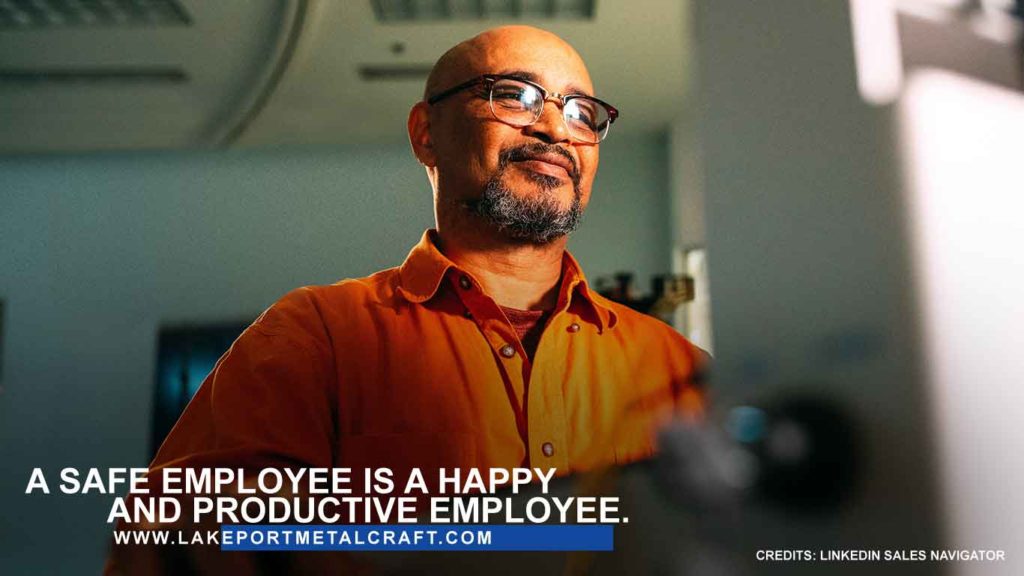
Protect your workers
In addition to proper training, employers must strive to keep their staff fully protected and make the site more conducive to work. Employers should establish safety rules and regulations to their workers at the beginning of the training.
One common cause of injuries to reach truck operators is rearward collisions with racking. An operator can risk being crushed between the cross beam and the front of the reach truck if the operator’s compartment can roll freely under a racking cross beam. This happens because the back of most reach trucks are open, without a physical barrier between the operator and horizontal cross beams.
To protect your operators, equip your reach trucks with The Backbone®. It is an easy-to-install, ANSI-compliant safety bar that acts as a bumper to keep the operator from being directly hit in case of racking collisions. The Backbone® also fits standup counterbalance trucks. Increase safety in the workplace and get yours today.
For direct orders or to learn more about The Backbone®, call Lakeport MetalCraft Inc. at 416-587-5809.

